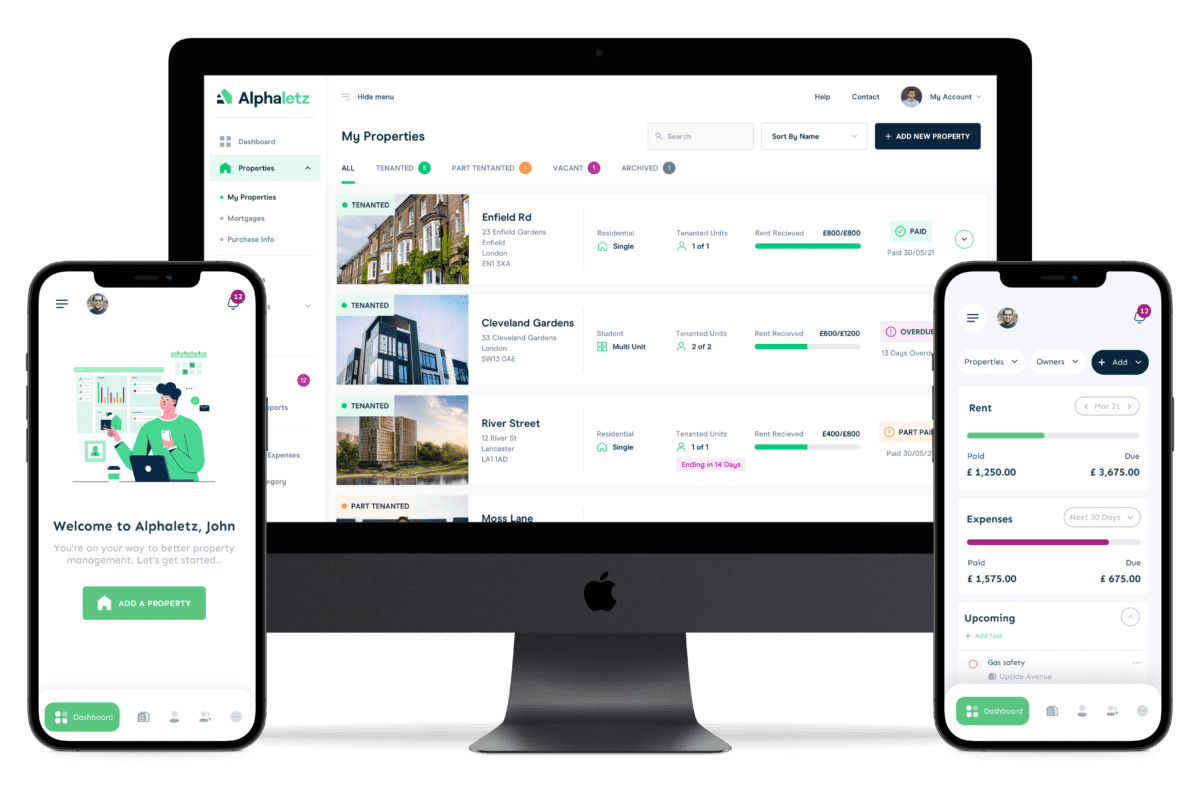What skills do Landlords need?
As a landlord, not only are you managing your tenants, but you are also dealing with labourers, vendors and suppliers.
This requires you to know how to be an effective leader.
This means that you must invest the time to develop such skills as communication, conflict resolution, decision making, problem solving, critical thinking, organizational skills, time management, and negotiation.
If you truly want to succeed in property management, then here are some things to keep in mind:
Communication is key.
As a landlord, listening is one of the most important skills you could possibly develop.
You should spend a fair amount of your time listening to things your tenants might say. It’ll help you get better insight into who they are as a person and help build a better bond between you and them.
Learning not to take things to heart is also fairly important.
A large portion of Landlords take complaints to heart or as an attack against their ability to manage their own property.

This isn’t the case. A tenant will often report something that effects their living conditions.
You’re more likely to be judged against how you handle tenant communication rather than how you receive it.
You’ll find that the more open you are to complaints, the more your tenants are likely to stay put.
Encourage honesty.
In order to encourage feedback and communication, it is important to create an environment where tenants feel comfortable communicating with their landlord.
This can be done by fostering open communication channels, such as regular communication, frequent inspections or encouraging them to speak up if they have any issues.

By creating a positive and proactive environment around feedback and communication, landlords can encourage their tenants to openly share their thoughts and ideas.
Be consistent.
“Being a successful leader means being a consistent person,” suggests John Rogan of Motivational Speaker.
Mr. Rogan talks about how we act as leaders and whether our actions reflect that we are honest or not.
He says that when we are dishonest, people do not trust us or they question what we say but more importantly, why we say it.
What does this have to do with being a Landlord?
Let’s look at an example and take maintenance into account.
Your tenants boiler has broken down. You said you’d be out the next day to replace it, but something came up. Eventually you get round to repairing it, but it’s just not good enough for your tenants.
They see you as inconsistent and themselves as less of a priority.
Next time you claim you’re going to get something fixed, your tenants are probably not going to trust your word. So start as you mean to go on, remain consistent and focus on how to be a good landlord. It’ll pay off in the long run.
Promote Transparency.
When it comes to business, the old adage “what you don’t know can’t hurt you” simply doesn’t apply. What if there was a horrendous leak in one of your rental properties?
“Transparency and openness are about more than just sharing information; they’re about being honest and authentic in all your interactions” suggests Dan Smith of Keynote Speaker.
Landlords must be totally honest and transparent with tenants. For example, if you’re considering a rental increase, tell your tenant in advance so they expect it.
Here’s a few tips on how to communicate better as a landlord.
1. Communicate openly and frequently.
Make sure tenants or anyone you work with is aware of your commitment to transparency and openness and encourage open communication at all levels.
Encourage tenants to ask questions and raise concerns when required. This’ll benefit you long term.
2. Be clear & concise.
Don’t beat around the bush.
It’s your property, and your property is your investment. If you don’t feel like it’s being looked after correctly or you want to talk candidly about an issue with a tenant, do so.
Smaller problems can quickly become bigger headaches, so make sure any problems are addressed in a clear and concise manner.
3. Be easy to reach.
For those who haven’t done this already, give your tenants your contact information. If it’s an out of hours number, make them aware.
You can do this pretty easily by using a welcome pack. Luckily, we have a free template that you can download if you haven’t already got one.
4. Don't make empty promises.
If you’ve told a tenant you’re getting something sorted, follow through. Don’t make empty promises, as your tenant will ultimately lose trust and your relationship will quickly sour.
5. Use the right tools.

Most Landlords aren’t aware that there are tools that are readily available to make their lives so much easier. Spoiler alert, we’re not talking about spreadsheets.
Alphaletz is committed to helping Landlords save up to 75% of their time spent managing their properties.
With Alphaletz, you can store tenant communication in the form of notes, meaning that emails, phone calls and verbal communication you’ve had with tenants can be documented accordingly, against a particular property or tenant.
We also offer lifetime free trials so you can try us without committing. Click here to claim your free trial today.
Subscribe to our Newsletter
Get the latest property news, tips, tricks and advice straight to your inbox for absolutely free.



